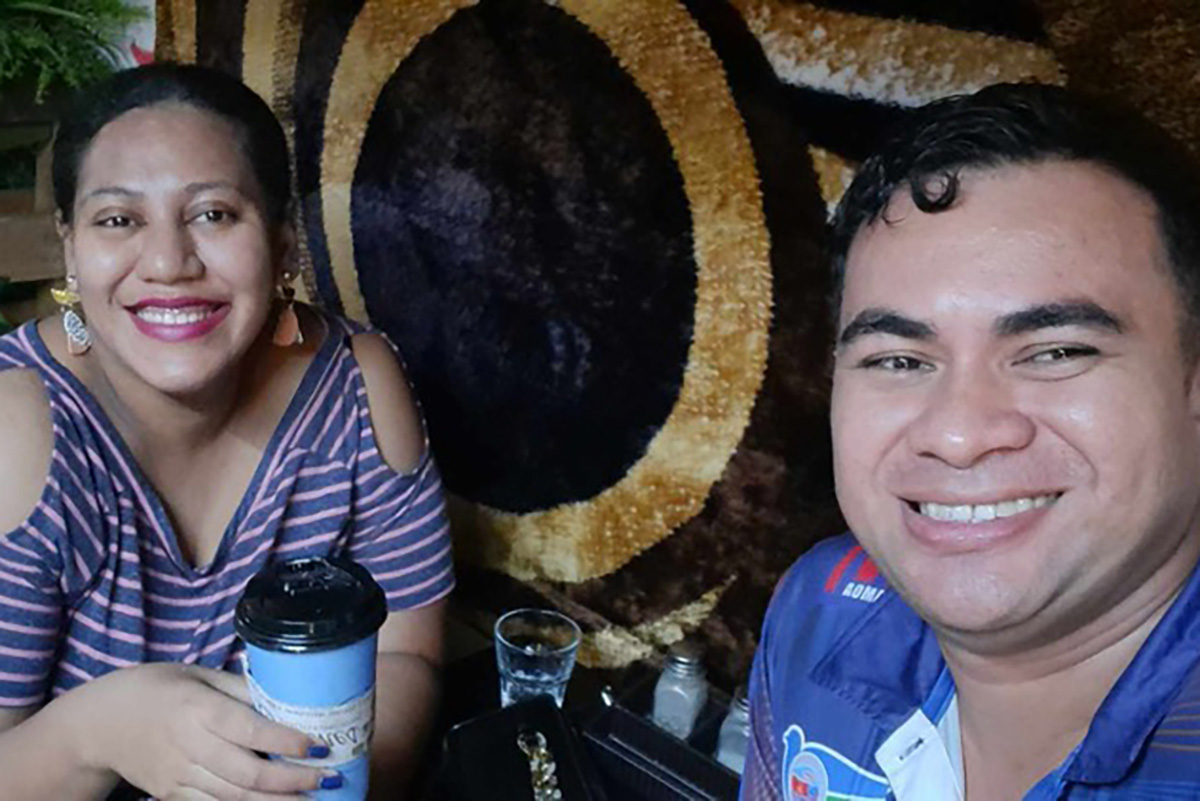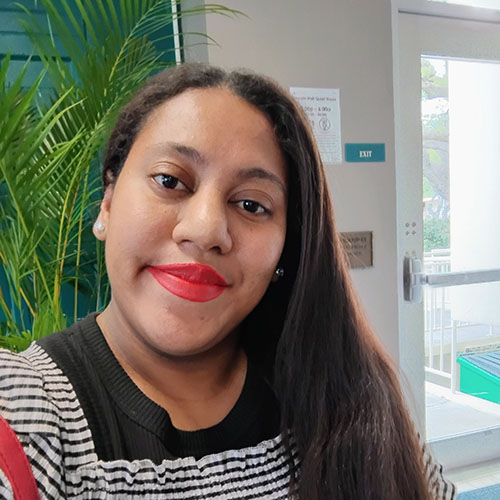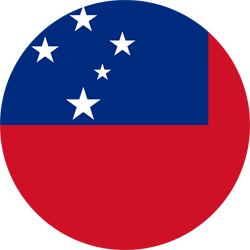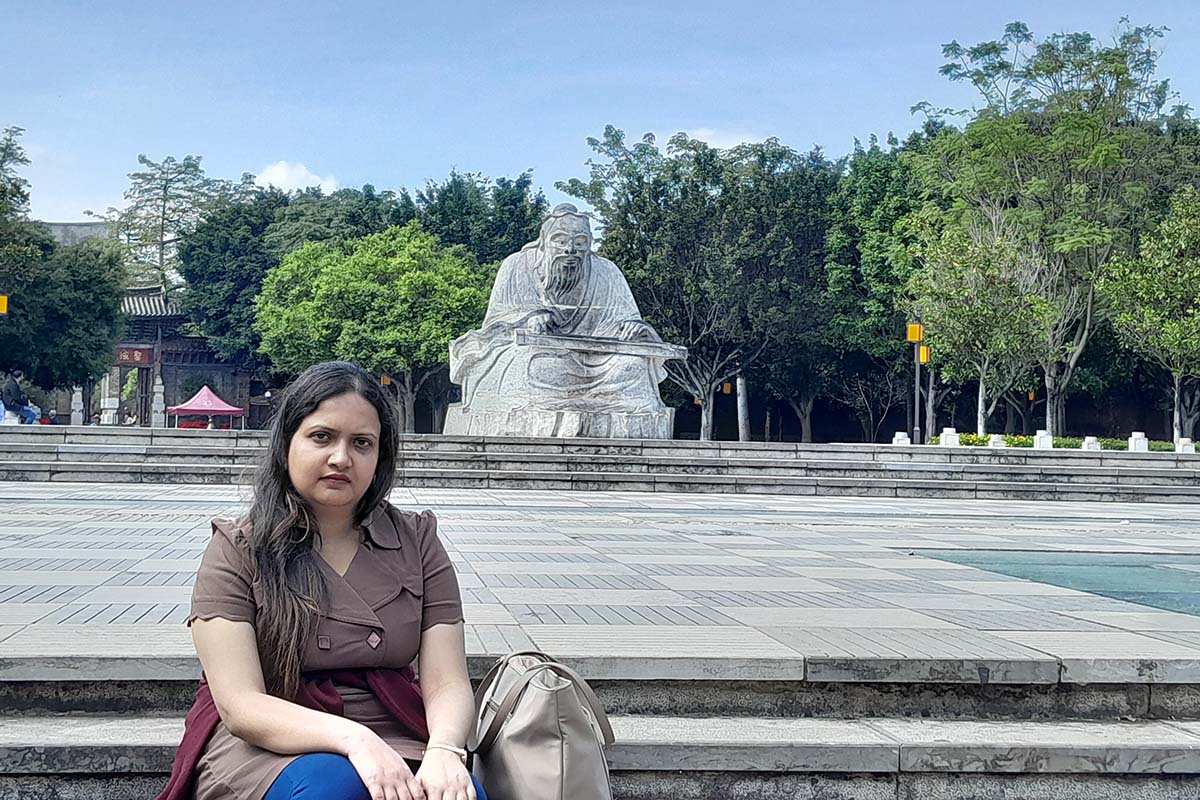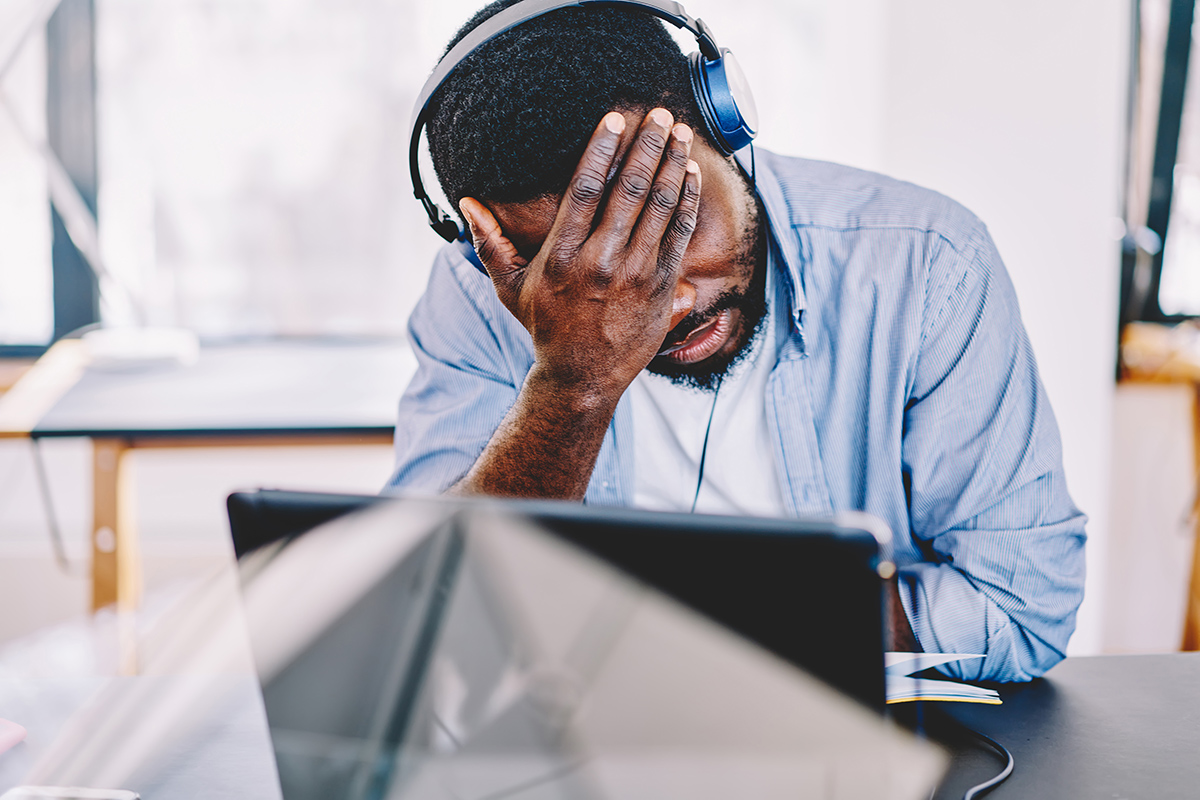Different Journeys Towards a Common Future: A Conversation with Youth Advocate and Educator Johannes Uili
March 30A conversation between Commonwealth Correspondent Jasmine Koria and her Commonwealth Youth Forum International Taskforce Colleague, Johannes Uili
Johannes Uili is a man on many missions. He is an educator, youth community practitioner, public servant, sportsperson, international development volunteer and, when we first met in October 2024, he was adding ‘Member of the Commonwealth Youth Forum Taskforce’ to that list. What intrigues me most about Johannes, however, is that he always acknowledges, first, his heritage as a Pasifika person. We met for coffee at a busy but wonderfully quiet cafe in Apia to talk about our journeys as changemakers in the Commonwealth Pacific.
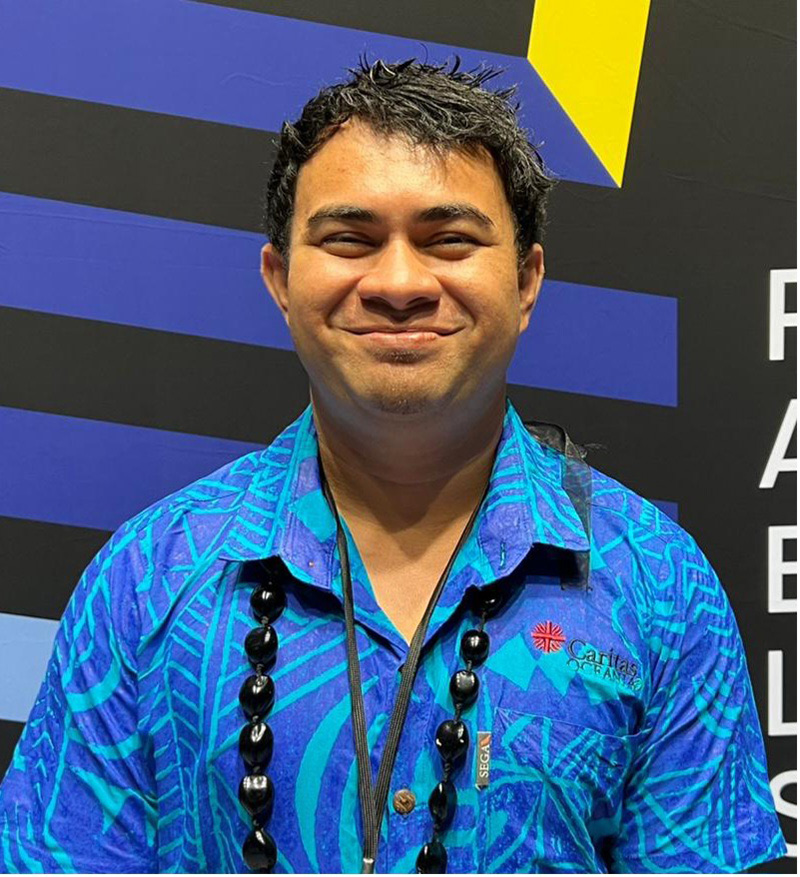
Image by Tony Sutorius
J.K: Tell me about yourself. What’s your academic background, and where do you currently work?
J.U: So… you want the summarized version, or? (laughs)
J.K: No! (laughs). The full C.V., please, my friend.
J.U: Wow, well …I am thankful for opportunities. (He pauses reflectively here, in the manner of one who for whom opportunities are not just ‘perks’- they are a lifeline). My education journey began in Catholic Schools, including Marist Brothers School in Mulivai, St. Joseph’s College in Alafua, and then I entered the National University of Samoa where I earned a Bachelor’s of Education, majoring in Health and Physical Education, and Geography. I have over 10 years teaching experience. I’ve taught Physical Education and Geography at St. Joseph’s College and then transitioned to (government schools) A’ana Numera 1 College, then to Faleata College. Today, I am proud to serve as a lecturer of Physical Education at the National University of Samoa.
Beyond my professional career, I am a Board Member of Samoa Tag Incorporated, a member of the Pacific Tag Federation, a Board Member of the Marist Rugby Club, chairperson of the Caritas Oceania Youth Alliance, and a member of the Samoa Conservation Society. I served on the Taskforce of the Commonwealth Youth Forum, (which was) held in Samoa last year, and have participated in the meetings of YECA (Youth Empowerment in Climate Action), for the Asia-Pacific region.
J.K: Love it, thank you! You’re a leader in so many spaces, and that’s a lot for someone so young! Do you face any challenges, amidst all your success?
J.U: Definitely! Firstly, it is the limited resources- especially funding- in the Pacific…for the implementation of projects by youth organizations. Secondly, climate change. (It) continues to affect vulnerable youth. It’s everything from rising sea levels to tropical cyclones and droughts…Droughts…those are terrible. (A lot of) Pacific youth depend on the crops they grow for income; income which feeds their families. The third challenge is…getting the ‘youth voice’ heard in certain sectors. Traditional hierarchies are ‘elder- dominated’ in terms of decision-making, which restricts youth participation. Youth unemployment (rates) are also rising rapidly, and a lot of young people are dropping out of school.
J.K: (pauses) These issues are definitely not unique to our part of the Commonwealth. They can be quite overwhelming, especially for aspiring youth leaders. I know there’s no’ one-size-fits-all’ solution, and we don’t want a ‘band-aid solution’ either. But, have you found anything that at least helps improve the daily lives of the youth you work with?
J.U: I’ve tried a few interventions with some of the youth around my area. (These range from) participation in international forums, advocating directly for funds and budgets to be allocated for youth work. (We ask for) youth-centered budgets. I also work with grass-roots organizations, to discuss actual adaptive solutions. (Of course), there must be respect for cultural protocol while we are creating these opportunities. We do this by including inter-generational dialogue as part of our solution. Also, we work to create safe spaces for our youth where they (can) share their thoughts and prepare for the youth forums and conferences.
J.K: That’s amazing! Who inspires you to do this challenging work?
J.U: I’ve been inspired by many people. My parents had the most profound impact on my life. Despite the challenges that we faced together, they have always been my support system. My (extended) families…my uncles and aunts, cousins…from the very beginning of my journey, they believed in me wholeheartedly. My parents made many sacrifices to put me and my siblings in school, even though we were a low-income family at the time. My faith in God empowers me to strive, and to make a positive impact on this world.
J.K: Beautiful!
J.U: I am grateful…
At this point, Johannes smiled in the shy but accomplished way that many Pasifika people do when you give them a compliment. It is not in our culture to speak openly about our achievements. But, as we finished our coffees, he reminded me that talking about who we are and what we have been able to do is one of the most powerful and inexpensive ways to inspire and strengthen other people.
